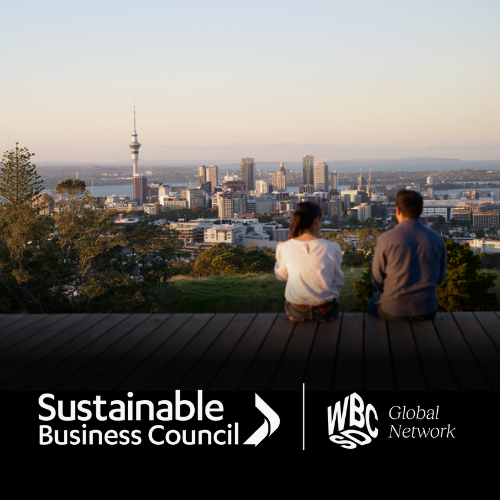How can transport get to net zero?
Over 45 transport industry company leaders met in Christchurch for a joint SBC and Climate Leaders Coalition event on Tuesday, to explore the pathway to zero emissions for freight transport by 2050.
Over 45 transport industry company leaders met in Christchurch for a joint SBC and Climate Leaders Coalition event on Tuesday, to explore the pathway to zero emissions for freight transport by 2050.
Ports of Auckland, Fonterra, New Zealand Post, Ravensdown, DB Breweries and CHEP were among those committed to bold solutions to emissions reduction.
The participants brainstormed for different solutions:
- Create a commercial framework where transport operators and end consumers share in reduced cost
- Develop a shared financing model for research into the viability of low emission solutions which could be piloted and used by the group
- Education and awareness raising for customers on sustainability impacts and their role as consumers to support emission reduction
- Work with suppliers to build emissions reduction into agreements and support them to take action using weighting tables and supplier workshops on solutions
- Accelerate biofuel uptake through levers to create price parity with diesel
- Industry alignment across the value chain to drive uptake of low/no carbon fuels
- Government intervention to optimize heavy transport through data sharing
- Creating a platform to create greater visibility on freight movements through transition hubs to enable smoother integration between modes
All of these have potential, but the goal of the workshop was to focus on one solution and put it into practice. Group members voted to scope a project that would develop a shared financing model for research into the viability of low emission solutions which could be piloted and used by the group.
We took the opportunity to try some new methods of idea development, including the sli.do app and a paper plane-throwing competition (arm power – very low emissions, and all recycled afterwards).
We were pleased to have very positive feedback with attendees saying they are committed to staying involved in developing the next steps.
We will keep members informed about the developments from here.
Kate Alcock manages the Climate and Resources work at the Sustainable Business Council.
Contact: Kate Alcock, Manager for Climate and Resources, Sustainable Business Council
Phone:
Email:

